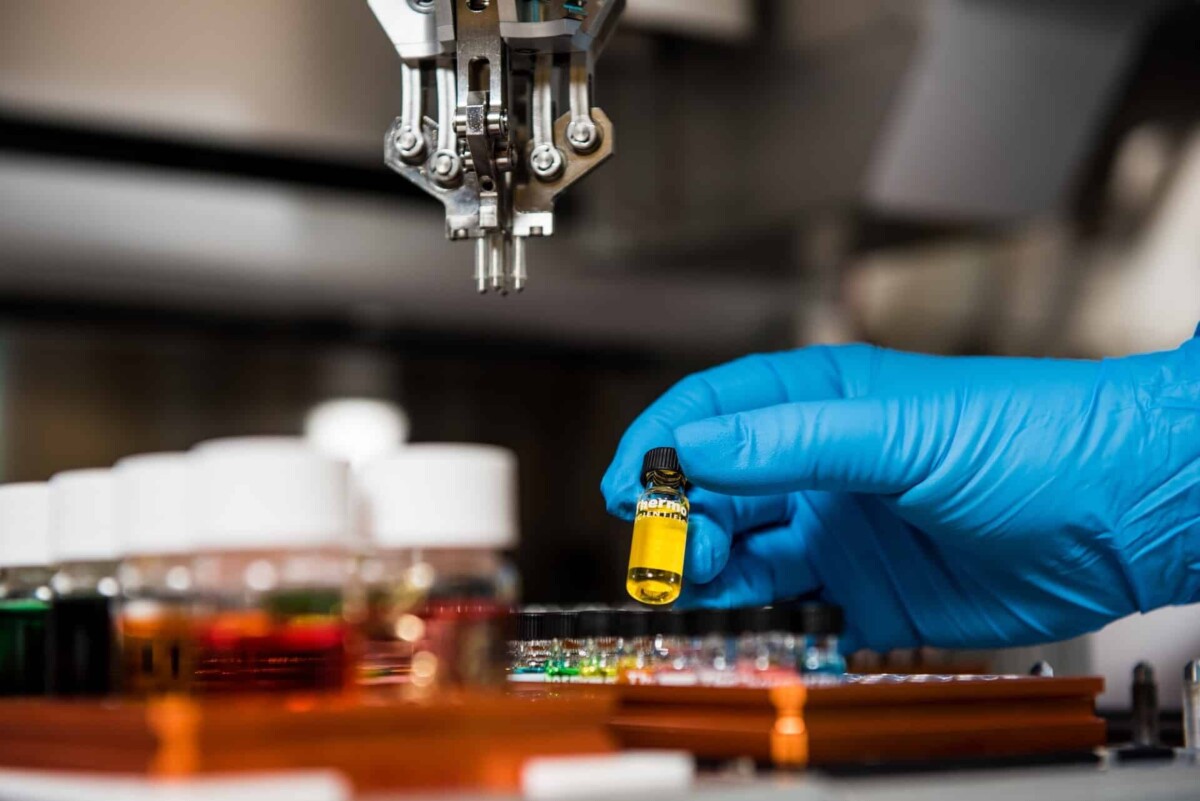Low-Cost DOT SAP Program in 2025: Online, Local & DISA-Compliant Options
Are you searching for a low-cost DOT SAP program that’s online, near you, and DISA-compliant in 2025? Whether you’re a CDL driver, truck operator, or an employer needing a return-to-duty solution, we’ve got you covered. This guide will walk you through affordable Substance Abuse Professional (SAP) options tailored to DOT, DISA, and FAA guidelines.
Why Is a DOT SAP Program Required?
After a DOT drug or alcohol violation, you must complete a Substance Abuse Evaluation and SAP treatment before reinstating your CDL. The DOT Return to Duty Program involves:
Evaluation by a Substance Abuse Professional (SAP)
Education/treatment recommendation
Follow-up testing & compliance monitoring
Submission to the FMCSA Clearinghouse
This process ensures safety while helping drivers return to their careers.
What Makes a Program “Low-Cost”?
Low-cost DOT SAP programs focus on affordability while meeting DOT, FAA, and DISA compliance. Factors that reduce cost:
- Fully virtual SAP evaluations
- Shorter program durations (when clinically appropriate)
- Flat-rate pricing with no hidden fees
- Licensed professionals in your state or region
Online & Virtual SAP Programs in 2025
If you’re balancing a tight schedule or live in a remote area, online DOT SAP evaluations are ideal. Here’s why they’re trending:
- Accessible from anywhere
- FMCSA-compliant
- No need for in-person appointments
- Perfect for DISA SAP Evaluation or FAA Return to Duty
Virtual DOT SAP Programs can speed up your timeline and reduce travel costs.
Finding a “DOT SAP Near Me” That’s Affordable
Many drivers still prefer a local SAP provider. Use FMCSA’s registry or contact SAP providers that offer low-cost in-person evaluations near you. Look for:
- Licensed SAPs in your state
- Options with weekend or evening hours
- Programs that offer payment plans
What About DISA-Compliant SAP Programs?
DISA Return to Duty protocols may differ slightly from DOT or FAA, but most SAP professionals handle multiple compliance requirements. Ask your provider:
- Are you experienced with DISA SAP Evaluations?
- Will you coordinate directly with DISA or my employer?
DISA-compliant programs often overlap with DOT SAP guidelines—especially for truckers and pipeline workers.
How This Helps With CDL Reinstatement
Completing a low-cost SAP program is often the first step to getting your CDL reinstated. A properly completed:
- DOT SAP Program Online
- Final evaluation
- Negative return-to-duty test
…will get your status cleared in the FMCSA Clearinghouse.
Final Thoughts: Choose the Right Affordable SAP Program
Whether you’re dealing with DOT, DISA, or FAA regulations, finding a low-cost DOT SAP program in 2025 has never been easier. From virtual SAP evaluations to in-person programs near you, prioritize:
- Compliance
- Affordability
- Fast return-to-duty options
Summary: Best Affordable SAP Options in 2025
| Option | Features | Best For |
|---|---|---|
| Virtual DOT SAP Program | Online meetings, fast scheduling, nationwide coverage | Truck drivers, FAA, DISA |
| Low-cost DOT SAP Evaluation | Starts at $300, budget-friendly packages | CDL reinstatement seekers |
| DISA SAP Program | Fully DISA-compliant SAP process | DISA-monitored employees |
| DOT SAP Near Me (Local) | In-person support, local familiarity | Court-referred evaluations |
| FAA Return to Duty SAP Program | FAA-specific SAP support | Aviation workers |











